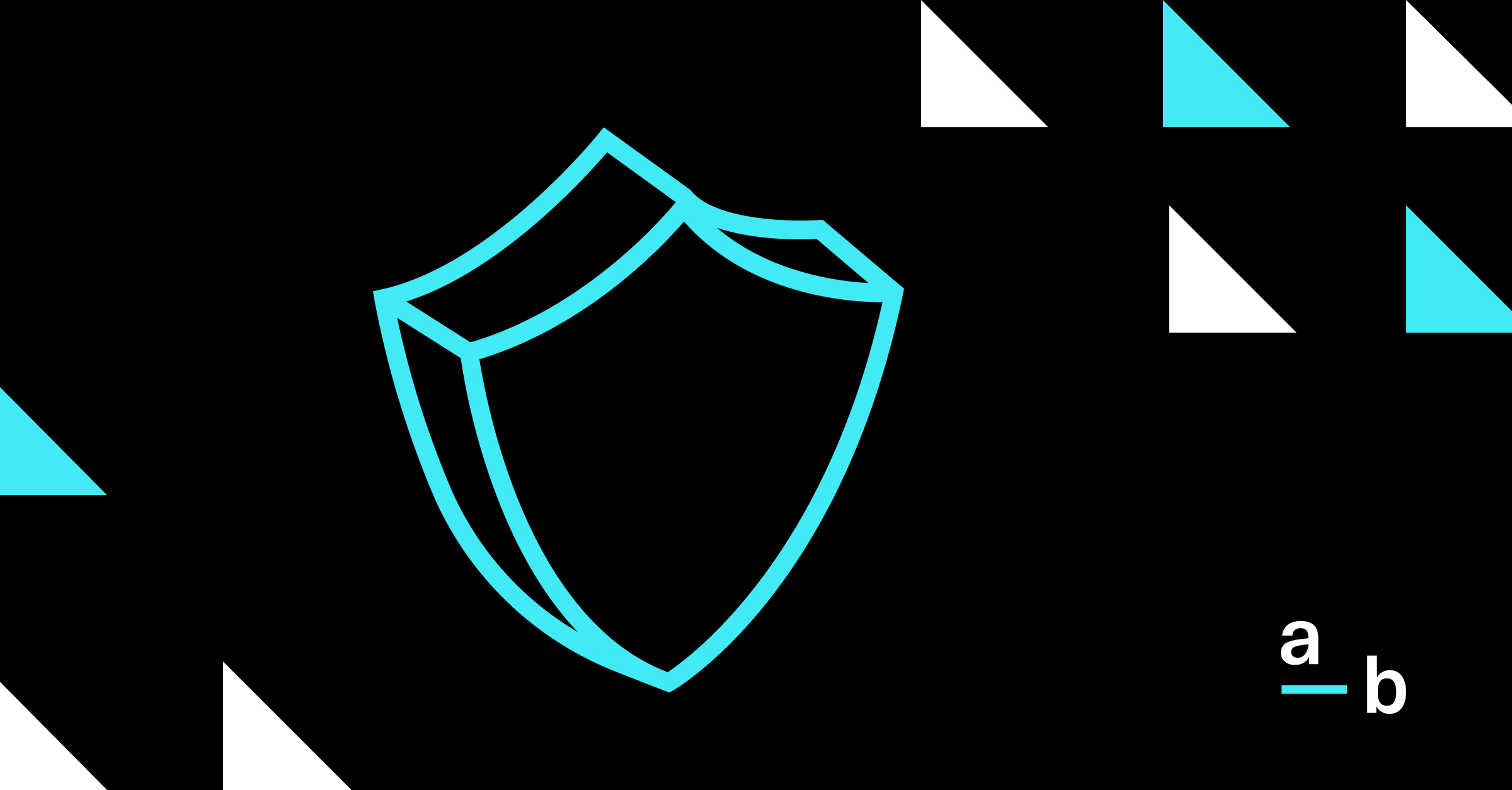Article
Top 10 Misclassified Businesses on the Broker Platform
Avoid these common mistakes when selecting an industry for your client
The Broker Platform is a fast and easy way to get a Cyber quote. But every so often, it may not be obvious which industry to select when classifying a business.
The industries listed on At-Bay applications are based on the North American Industry Classification System (NAICS). If you’re interested in learning more, check out our guide:
How to Use NAICS Codes to Classify Businesses on the Broker Platform
Mistakes happen. But if a business is classified in the wrong industry at the time of quoting, it can affect pricing and coverage, while also creating unnecessary issues for you and your clients.
To help ensure you select the proper industry, we’ve highlighted some of the most surprising and commonly misclassified businesses on the Broker Platform.
1. Child Day Care Services
Health care can be provided in many forms, be it in a hospital, a doctor’s office, or at home. Businesses that provide medical services, technology, or supportive care — such as Child Day Care Services — fall under the industry category of Health Care and Social Assistance.
Lesser-known examples include: Assisted Living Facilities, Blood and Organ Banks, Kidney Dialysis Centers, Medical Laboratories, and Nursing Care Facilities.
2. Law Firms
Lawyers provide expertise as generalists or specialists in certain areas of law, including corporate law, patent law, or tax law. In all cases, law firms care to be classified as Professional, Scientific, and Technical Services.
Other businesses that fall under this category include: Engineering Firms, Payroll Processing, and Tax Preparation Services.
3. Background Check Agencies
Background check agencies fall under the industry category of Administrative and Support and Waste Management and Remediation Services.
Because background check agencies tend to deal with a lot of personal identifiable information and other sensitive data, misclassifying a client in this industry can have implications related to financial fraud and other related cyber attacks.
4. Sewage Treatment Facilities
Businesses like sewage treatment facilities that provide the basic services that keep homes, business, and even entire regions functioning properly fall under the industry category of Utilities.
Many businesses that are categorized as Utilities are related to power generation, whether it’s Electric, Solar, Wind, or even Geothermal. Other common examples include Natural Gas Distribution and Steam and Air-Conditioning Supply.
5. Land Subdivision
Land subdivision should be classified as Construction, one of the most sprawling industry classifications that includes more than 40 different subcategories.
If your client builds new housing, water and sewer lines, power and communication lines, oil and gas pipelines, even highways and bridges, they should always be categorized as Construction.
6. Escrow Agencies
Because of the role escrow agencies play in financial transactions, they are often thought of as being part of the financial industry. However, escrow agencies actually fall under the industry classification of Real Estate Rental and Leasing.
Other businesses that fall under this category include: Real Estate Agents and Brokers, Property Managers, and Car Rentals.
7. Spectator Sports
Whether your client is the team owner, the facility owner, or the team itself, spectator sports should be classified in the industry category of Arts, Entertainment, and Recreation.
This category includes numerous business types, such as Theater Companies, Dance Troupes, Zoos and Botanical Gardens, Museums, Casinos, and Bowling Alleys.
8. Air Traffic Control
If your client provides transport for people or cargo, storage for goods, or regulates the flow of air traffic, they fall under the industry classification of Transportation and Warehousing.
Lesser-known examples of Transportation and Warehousing include Couriers and Express Delivery Services, and Marine Cargo Handling.
9. Automobile Dealers
Midsize SUVs don’t typically have much in common with stalks of celery. But if your client sells merchandise in small quantities, it’s all categorized the same: Retail Trade.
Other Retail Trade businesses include: Hardware Stores, Supermarkets, Gas Stations, Jewelers, and Florists.
10. Industrial Suppliers
Unlike automobile dealers and others in Retail Trade, businesses that sell or arrange the purchase or sale of merchandise in bulk, such as industrial suppliers, fall under the industry classification of Wholesale Trade.
The merchandise in this category is often related to agriculture, mining, and manufacturing — each of which are their own industry classification — so make sure to distinguish between the two. Common Wholesale Trade businesses include: Furniture Merchants, Industrial Suppliers, Farm Suppliers, and Petroleum Bulk Stations and Terminals.
Is It Ever OK To Select Other Services?
Yes, your client may not always fit neatly into the standard industry classifications. In these instances, you can select Other Services — and if you want to be certain, you can cross-reference your client’s business using the NAICS Identification Tool.
Common examples of business that are classified as Other Services include:
- Equipment and machinery repairing
- Promoting or administering religious activities
- Car washes
- Cemeteries and crematories
- Pet care
Ready to put your classification knowledge to the test?




